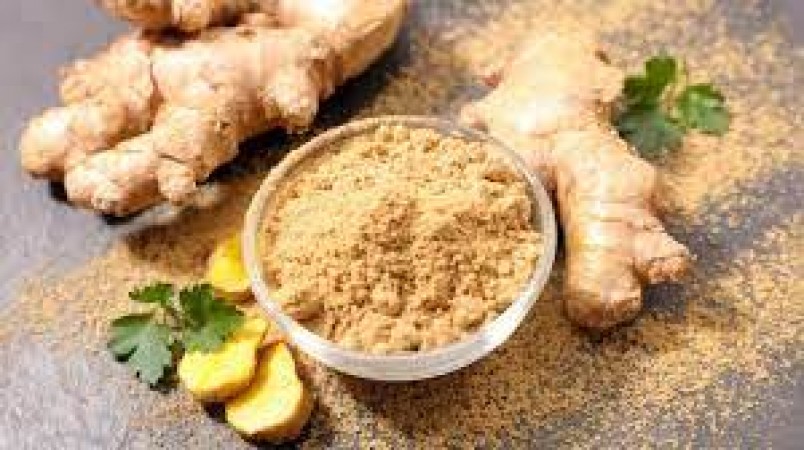
When it comes to ginger, many people are familiar with its unique flavor and numerous health benefits. However, the debate often arises about whether dry ginger or fresh ginger is the superior choice. In this article, we'll explore the differences and advantages of these two ginger forms to help you decide which one should find a more prominent place in your kitchen and your health regimen.
Ginger, scientifically known as Zingiber officinale, is a flowering plant native to Southeast Asia. It has been used for centuries in various cultures for both culinary and medicinal purposes. The primary distinction between dry ginger and fresh ginger is their moisture content, which significantly impacts their composition and application.
Fresh ginger is the raw, unprocessed rhizome of the ginger plant. It has a high water content and a pungent, spicy taste. Fresh ginger is commonly used in cooking and is known for its distinctive aroma and flavor.
Dry ginger, on the other hand, is fresh ginger that has been dehydrated. This process removes most of the moisture, resulting in a concentrated and more shelf-stable product. Dry ginger is usually ground into a fine powder, making it a popular choice for both culinary and medicinal uses.
To determine which type of ginger is better for your health, it's essential to compare their nutritional profiles.
Gingerol: Fresh ginger is rich in gingerol, a bioactive compound known for its anti-inflammatory and antioxidant properties. It can help reduce oxidative stress in the body.
Vitamins and Minerals: Fresh ginger contains vitamins like vitamin C and essential minerals like potassium and magnesium.
Digestive Aid: It is a natural remedy for digestive issues, helping with nausea, indigestion, and bloating.
Concentrated Flavor: Dry ginger offers a more concentrated ginger flavor, which can be advantageous for culinary applications where a strong ginger taste is desired.
Long Shelf Life: Dry ginger has a longer shelf life, making it a practical option for those who don't use ginger frequently.
Medicinal Uses: It is often used in traditional medicine to alleviate symptoms of colds, flu, and digestive problems.
Both fresh and dry ginger offer numerous health benefits, but their applications may differ.
Anti-Inflammatory: Fresh ginger has powerful anti-inflammatory properties that can help alleviate pain and reduce inflammation in conditions like osteoarthritis.
Immune Support: Its high vitamin C content can boost the immune system, helping to ward off illnesses.
Nausea Relief: Fresh ginger is well-known for its ability to reduce nausea, making it a popular remedy for morning sickness and motion sickness.
Digestive Health: Dry ginger is often used to soothe digestive discomfort, making it an essential ingredient in many traditional herbal remedies.
Respiratory Health: It may help relieve respiratory issues such as coughs and congestion when used in teas and infusions.
Weight Management: Dry ginger's thermogenic properties may assist in weight management by increasing metabolic rate.
In the kitchen, both forms of ginger have their place.
Fresh ginger is a staple in Asian cuisine, used in stir-fries, curries, and marinades to add a zesty kick to dishes.
It can be thinly sliced, minced, or grated to infuse soups, sauces, and desserts with its unique flavor.
Dry ginger powder is commonly used in baking, adding warmth and spiciness to cookies, cakes, and gingerbread.
It's a key ingredient in spice blends such as curry powder and pumpkin spice.
The choice between fresh and dry ginger depends on your preferences and specific needs.
Fresh ginger is a go-to for its robust flavor, making it an excellent choice for savory dishes and beverages, as well as for its anti-inflammatory and immune-boosting benefits.
Dry ginger offers convenience and a long shelf life, making it suitable for baking and as an ingredient in herbal remedies.
In the dry ginger vs. fresh ginger debate, there is no clear winner. Both have their unique qualities and health benefits. Your choice should be based on your culinary requirements and the specific health benefits you seek. Incorporating both into your diet can provide a well-rounded approach to reaping the rewards of this versatile and healthy spice.